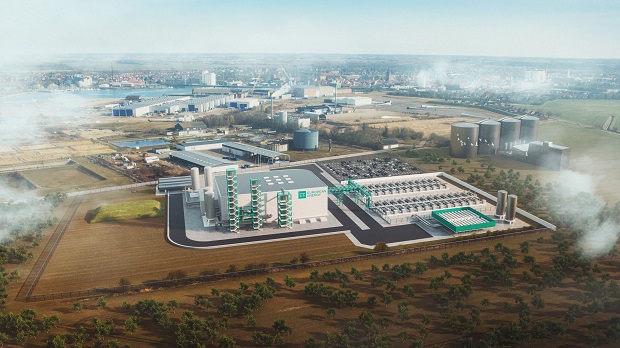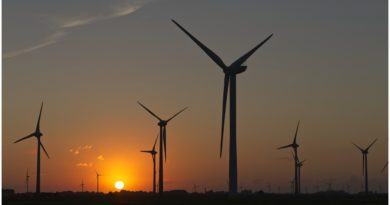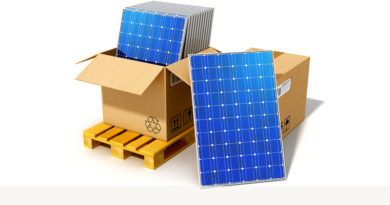European Energy Ties Up With Novo Nordisk, LEGO Group To Deliver E-Methanol

Under this agreement, European Energy will be the producer and supplier of the clean technology. It will produce methanol from renewable sources of energy and biogenic carbon dioxide, commonly referred to as e-methanol. This will be used for plastic production. While European Energy is an energy company, Novo Nordisk is a leading healthcare firm. At the same time, LEGO Group is a global toy company.
The move is likely to pave the way for substituting fossil-based plastic with low-carbon sources which could be used in medical devices such as insulin pens. The LEGO Group meanwhile will explore using the e-methanol to make selected elements in its portfolio and expects to develop prototypes in the coming years with a view to commercialisation in the longer term.
The e-methanol will be produced at European Energy’s e-methanol facilities in Kassø, Aabenraa, Denmark. The production of e-methanol will be based on renewable energy from wind and solar plants as well as biogenic CO2. The first batch is expected to be delivered in 2024.
“The use of plastic is an integrated part of the modern world, not only in our daily lives but also in industrial processes and equipment. Novo Nordisk and the LEGO Group are already leading the way into the future in various ways, and now even more by joining this cooperation. This is relevant for all industries keen on transitioning away from fossil fuels,” Knud Erik Andersen, CEO of European Energy said.
Dorethe Nielsen, Vice President of Corporate Environmental Strategy at Novo Nordisk, the agreement is an important step towards changing to non-fossil plastic. He said, “We wish to drive the decarbonisation of our business forward, and as a producer of plastic devices we wish to reduce the use of fossil plastics by engaging with suppliers in our value chain that can provide the necessary solutions such as e-methanol for plastic production. With our environmental strategy, Circular for Zero, we have set an ambition to have zero environmental impact, and innovation is a key driver to get there. Hopefully, this project can encourage more partners to get involved in the decarbonisation of plastic production.”




